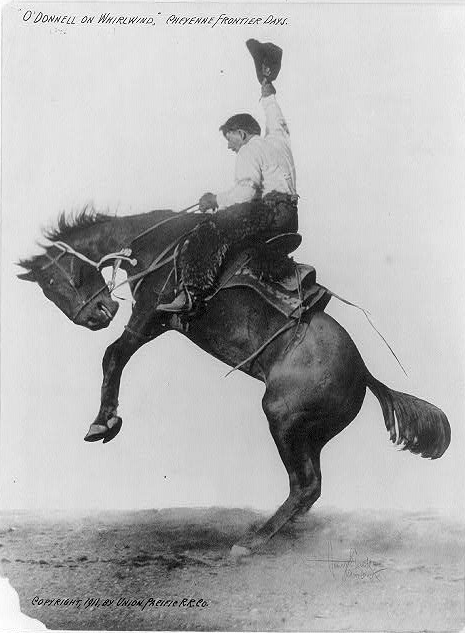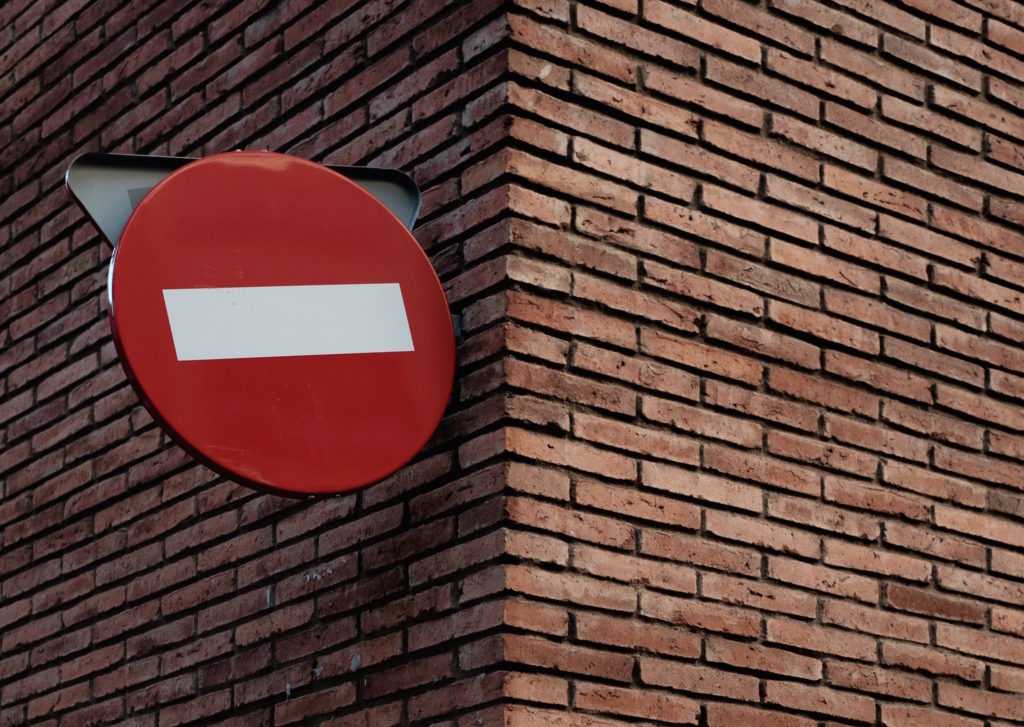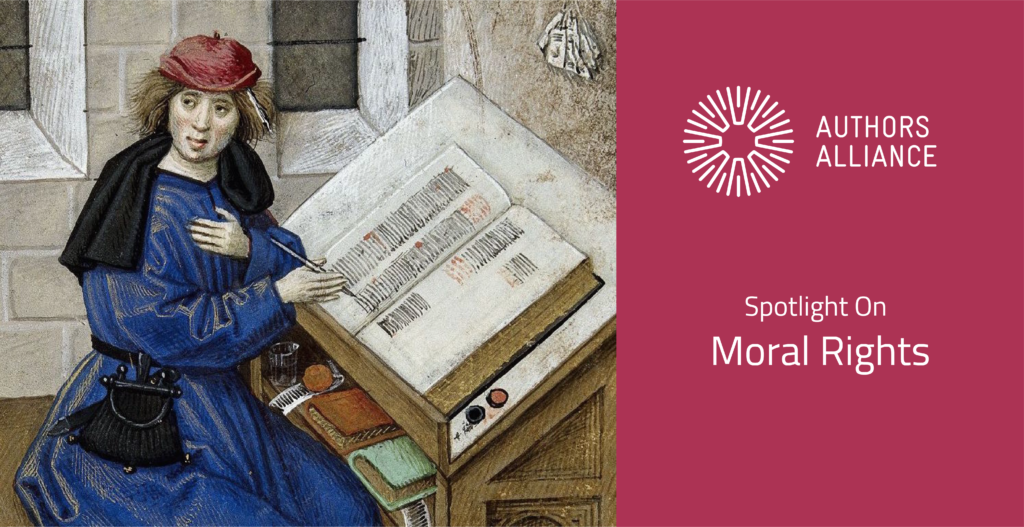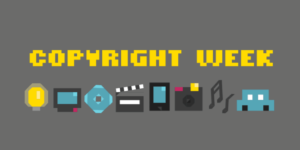Under today’s copyright laws, copyright protection for original, creative works is automatic from the moment the work is “fixed in a tangible medium” (e.g., as soon as the author puts pen to paper, paintbrush to canvas, or saves a computer file). Although authors do not need to register their works in order to enjoy the protection of copyright law, registration has several benefits which make it an advantageous practice.
In this first article in a two-part series, we outline some of the benefits of registering your copyrights. Next week, we’ll explain how to register your works with the U.S. Copyright Office.
Copyright registration is a claim to copyright filed with the Copyright Office which creates a public record of facts about a copyrighted work, including authorship and ownership information. Copyright registration includes three essential elements: a completed application form, a filing fee, and a “deposit” (a copy of the work submitted to the Copyright Office). We’ll cover those steps in more detail in next week’s post on how to register copyrights. Authors, their agents, and owners of an exclusive right in a work can register a copyright. Often, but not always, if you are publishing your work, your publisher will register the work for you—but it is best to check, especially if you are retaining your copyright or publishing with a smaller press. If you are self-publishing your work, it will be up to you (or your agent) register the copyright to your work.
Registration can be made at any time within the life of copyright, but some benefits of registration are contingent upon timely filing, as described below.
Registration Establishes a Public Record of Ownership
Registering your work—and recording subsequent transfers of ownership—creates a record of copyright ownership that allows the public to identify and locate copyright owners. This benefits both authors and the public, and it helps prevent works from becoming orphans. Ownership records enable would-be users of works to locate the copyright owner in order to ask for permission or a license to make uses that are within the copyright owner’s exclusive rights, to provide attribution to the author, or to discover when a work is in the public domain. In the absence of a public record of copyright ownership, would-be users of a work may not know whom to contact, and may abandon potential onward uses of your work. This means that you could lose revenue from licensing opportunities and miss out on the chance to grant permission for uses which you would welcome (even without payment); consequently, your work may not have the vibrant life you hoped for in years to come.
Flora Foxglove retained all of the copyrights to her book of gardening tips and registered the work with the Copyright Office. Horace Horticulture wants to copy and share the book with his community gardening class, so he searches the Copyright Office’s records to find out how to contact Flora. He sends a request to Flora’s PO Box, asking for her permission to copy and distribute her work with his students. Delighted to share gardening know-how with budding enthusiasts, Flora gives Horace her permission to reproduce the work so long as he includes her name on the copies.
Blaine Blockbuster thinks that a movie adaptation of Betsy Bestseller’s latest novel would make the next Hollywood hit. He searches the Copyright Office’s records, and finds that Percy Publisher owns all of the exclusive rights in the work. Blaine contacts Percy and negotiates for a license to make a movie adaptation of the novel.
Registration is Necessary Before Initiating an Infringement Suit
In addition to facilitating downstream uses of a work, registration gives you additional rights in the event that your work is infringed. In fact, registration is a necessary precursor to a copyright infringement lawsuit: If someone uses your work in a way that you think infringes on your copyright and you want to initiate a copyright infringement lawsuit, you must register your copyright before you can do so.
Registration Within Five Years of Publication Provides Favorable Presumptions
If a work is registered before or within five years of publication, registration brings with it the presumption that the work is copyrightable and that the facts stated in the registration certificate are true. This may include information such as the name of the author, the name of the copyright owner, the title of the work, the date the work was published, and the effective date of registration. This means that in an infringement suit, if your registration was timely, the burden of proving your copyright is invalid will fall on the defendant. If you do not register within five years of publication, you can still do so, but how much weight a court will give the facts stated in the registration is at its discretion.
Registration Within Three Months of Publication, or Prior to Infringement of the Work, Opens Up the Possibility of Statutory Damages and Attorneys’ Fees
If registration is made within three months of publication of the work, or prior to the infringement of the work, statutory damages (predetermined payments established by law) and attorneys’ fees are available to the copyright owner in the event of an infringement lawsuit. Statutory damages typically range from $750 to $30,000 per infringed work (though they can be as high as $150,000 per infringed work for willful infringement, or as low as $200 where the infringer was not aware and had no reason to believe the use was infringing.) Timely registration also allows you to request reimbursement of your attorneys’ fees and costs of filing the lawsuit. If you do not register your work prior to the infringement or within three months of publication, your remedy in an infringement action is limited to the actual damages you suffered from the infringement (and any of the infringer’s additional profits that are attributable to the infringement), as well as injunctive relief (e.g., a court order restraining the defendant from copying the work).
Last updated February 13, 2018.
We are grateful to Allison Davenport, former Authors Alliance Research Assistant, for her help with researching and drafting this post.






